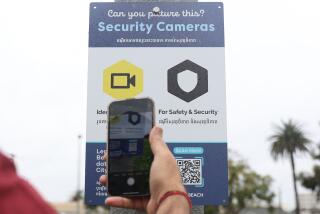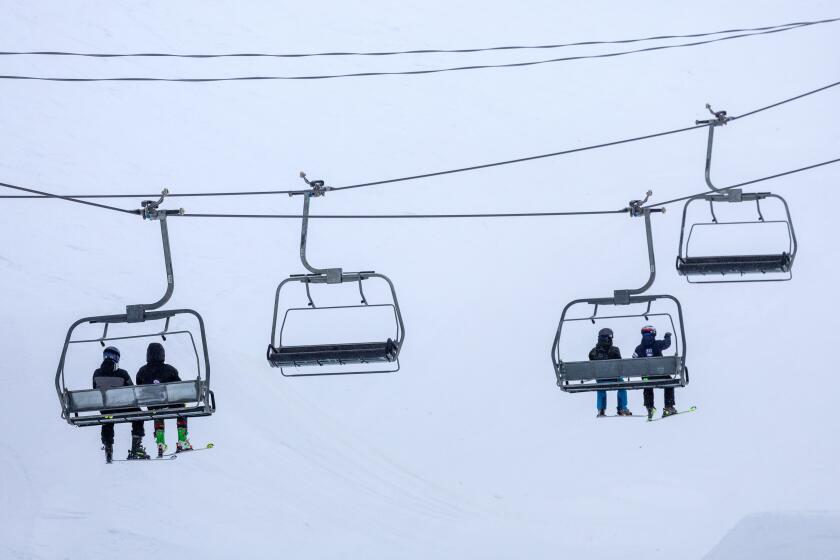Risk Cited in Plan to Fight Prostitution
- Share via
A long-debated proposal to publish and televise the photos and names of men arrested for soliciting prostitutes hit a roadblock Monday when police told a Los Angeles City Council committee that they don’t photograph every man who is arrested.
The proposal, which Councilman Hal Bernson has supported for years, was also criticized by an assistant city attorney who said the city would face a “very, very, very substantial risk” of being sued if the wrong person is accused.
Assistant City Atty. Byron Boeckman warned the council’s Public Safety Committee that the city could also be sued if it publishes or televises a common name that is shared by many men who have not been arrested.
“We are the ones with deep pockets and they are going to come after us,” he said.
Boeckman added that without photos, the only other way to distinguish between men with common names is to publish their address, which a Superior Court judge has already ruled is a violation of a person’s right of privacy.
“Every bit of care should be taken because of the liability threat,” he said.
Boeckman’s legal analysis was the latest chapter in a long-running debate over efforts to discourage men from soliciting prostitutes.
Bernson, who heads the council’s Planning and Land Use Committee, came up with the idea of publicizing names and photos of so-called johns after hearing complaints from residents who want to close down hotels and motels along Sepulveda Boulevard in Van Nuys where prostitution is rampant.
He proposed televising the photos on the city’s cable-access station and releasing the names to newspapers for publication.
But Cmdr. David Kalish, who heads the LAPD’s vice operations, said that the department doesn’t photograph every man arrested for soliciting prostitutes because some men are cited and released on the spot.
He said his department is still studying how much it would cost to photograph each john and turn over the photos and other information to newspapers and the city agency that operates the cable-access channel.
Last year, the city arrested about 7,000 men on solicitation charges, Kalish said.
One City Hall source said the effort could cost up to $400,000 a year.
But Francine Oschin, a Bernson aide, would not back down on the plan, saying it has been done in other cities.
“I’m astonished that there is no mechanism to take pictures of these men,” she said.
The panel did not take an action on the proposal pending the Police Department study.
More to Read
Sign up for Essential California
The most important California stories and recommendations in your inbox every morning.
You may occasionally receive promotional content from the Los Angeles Times.











